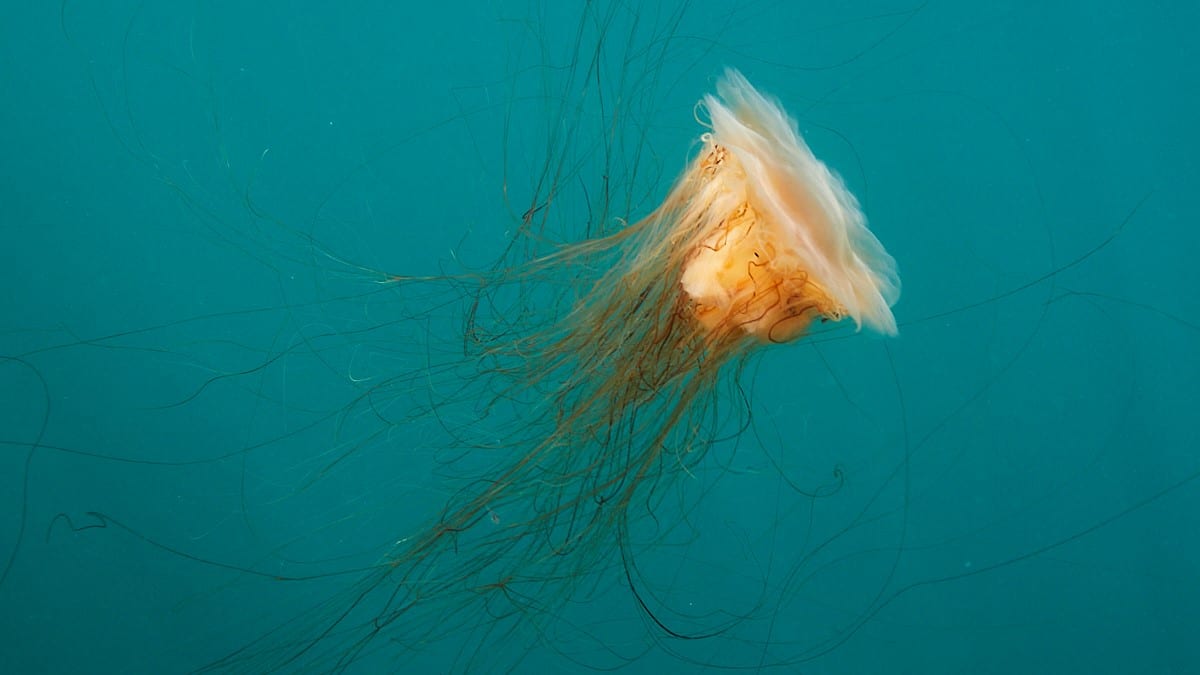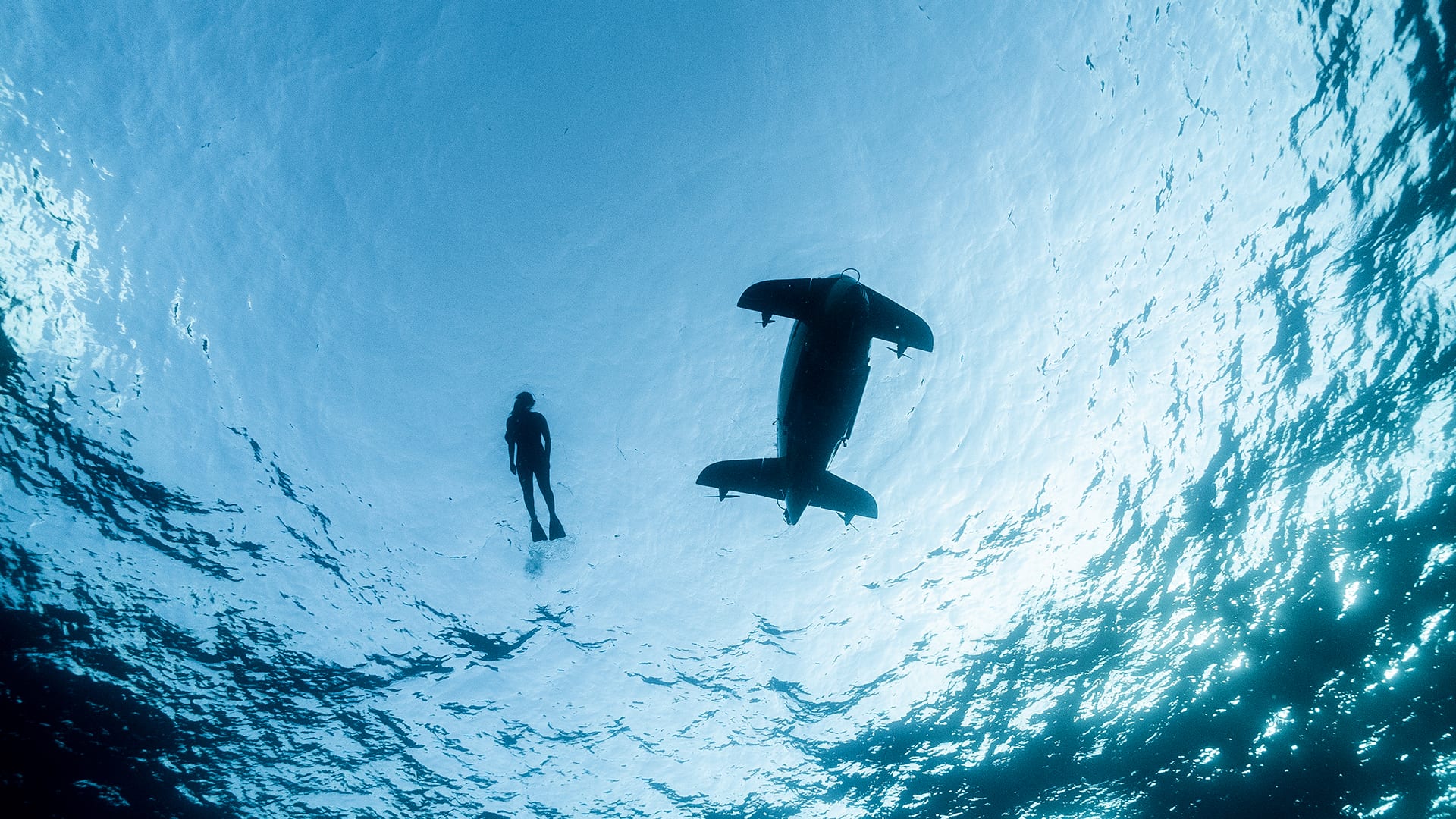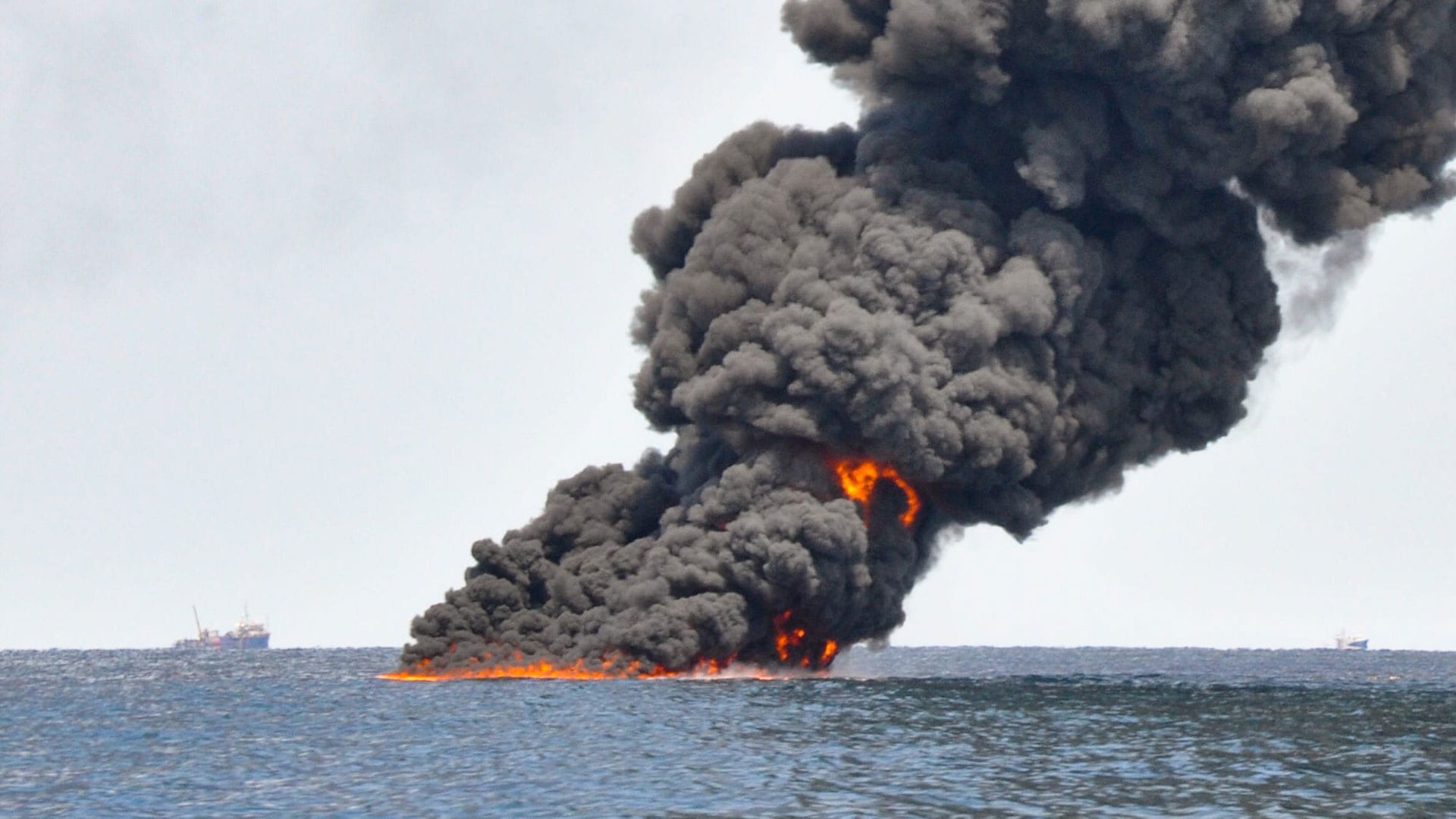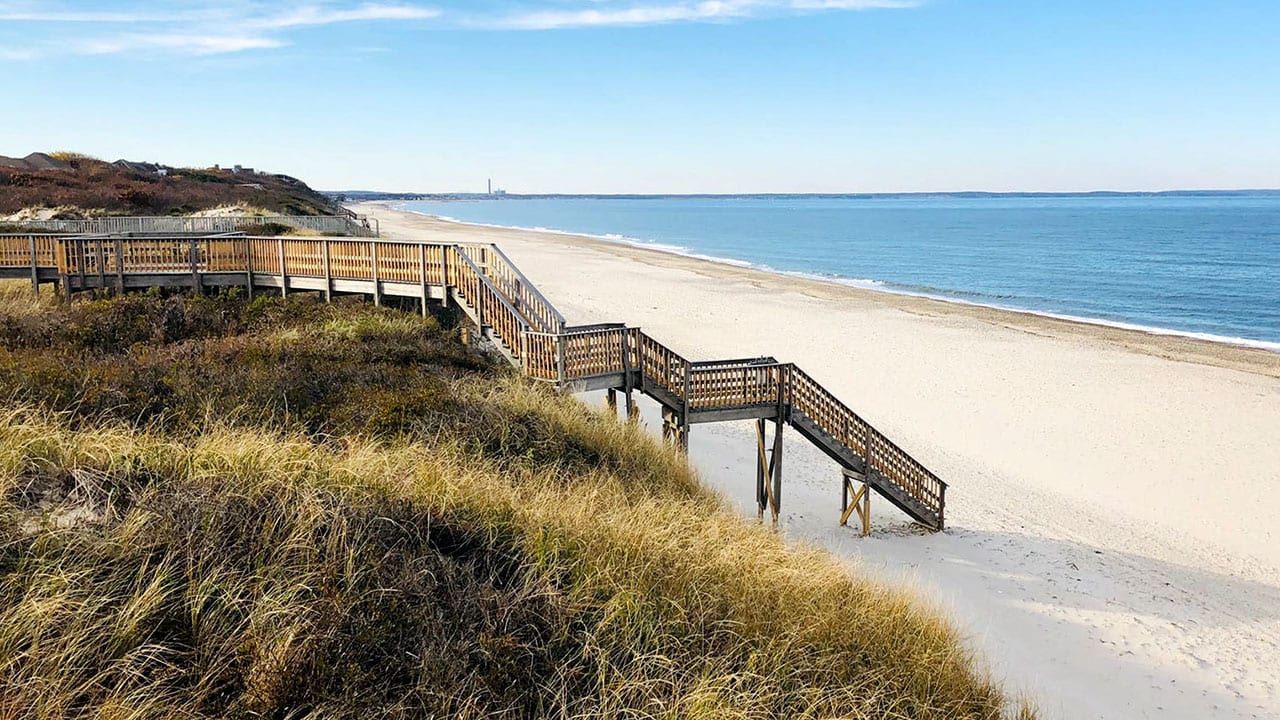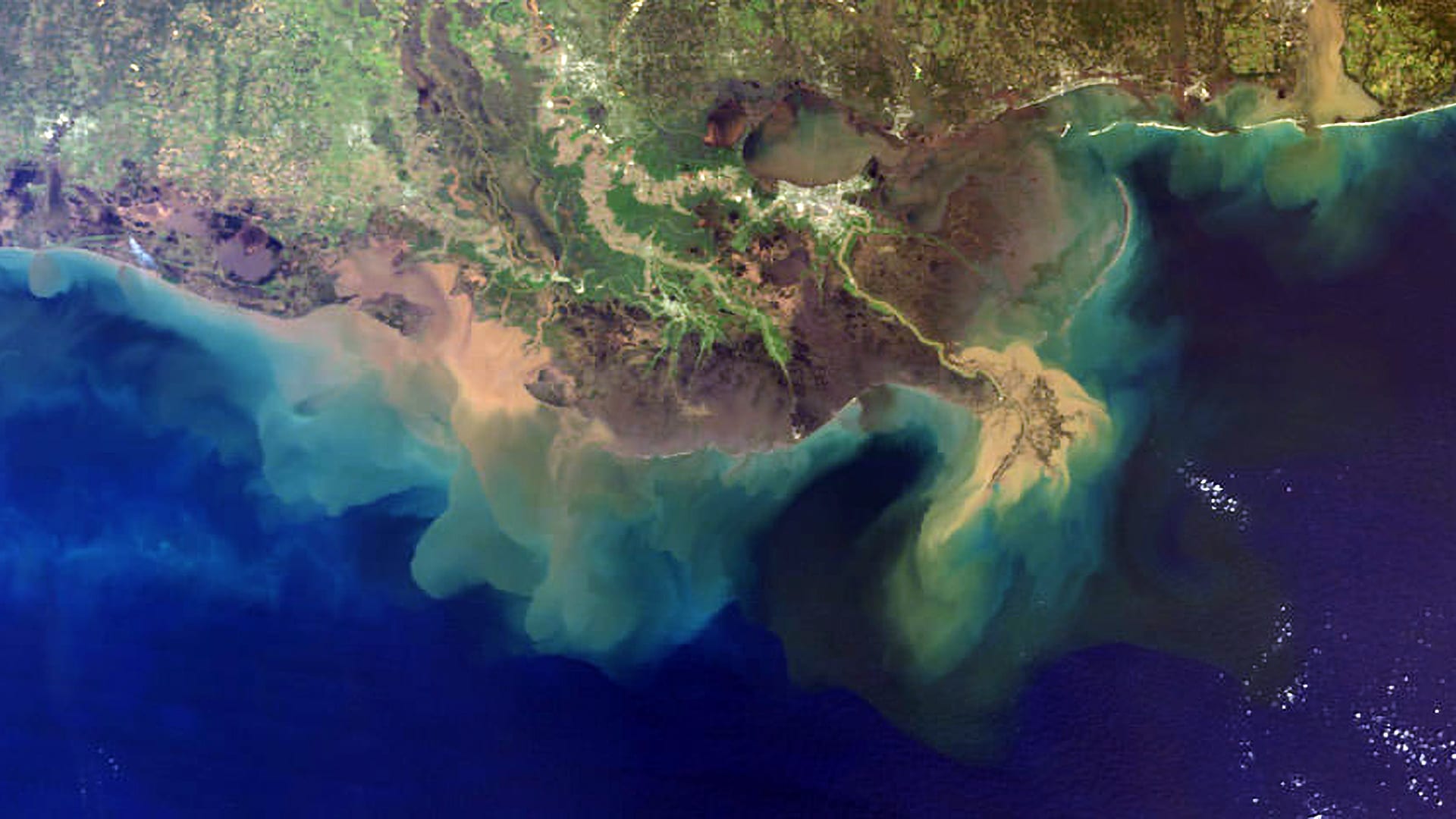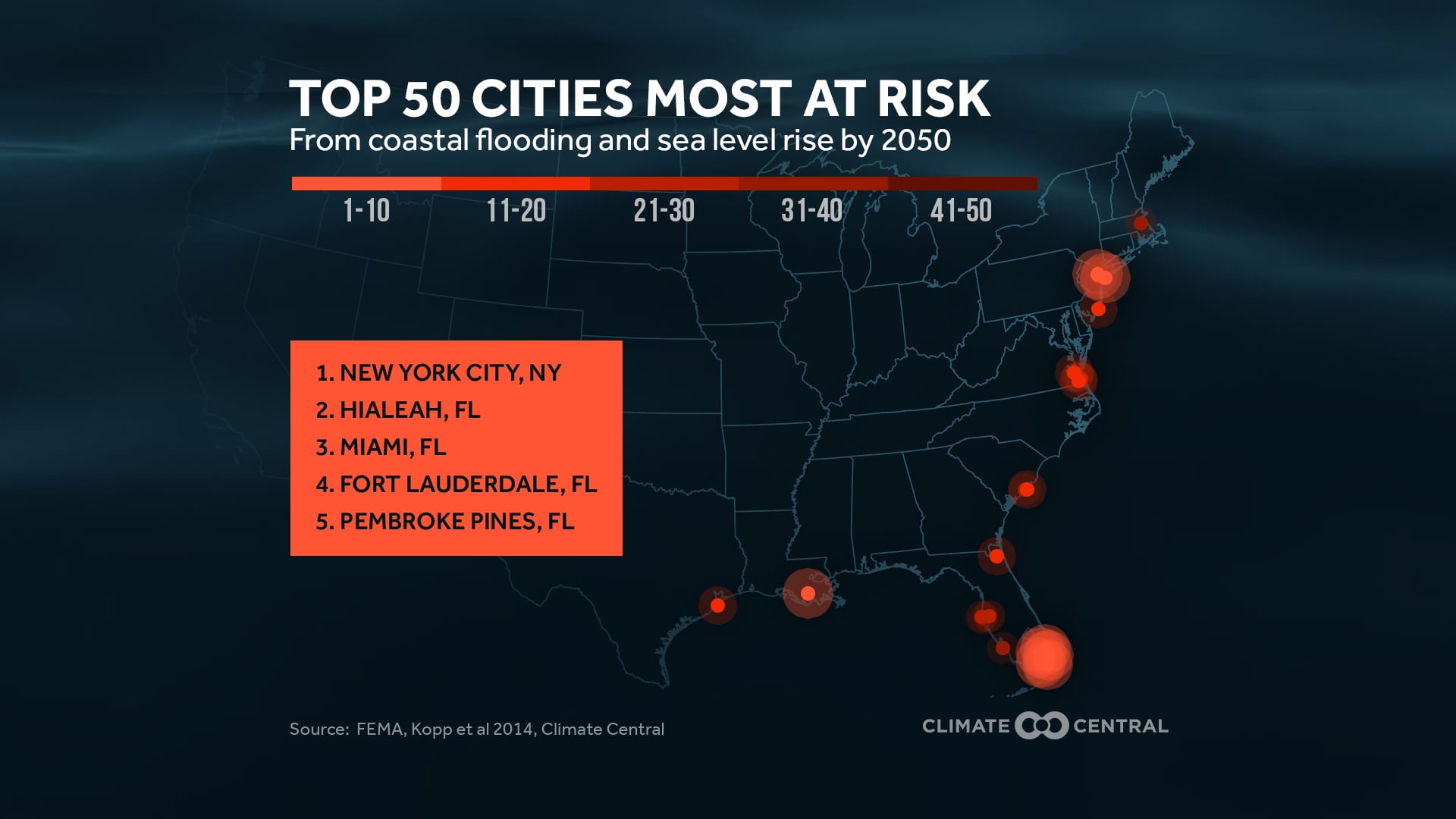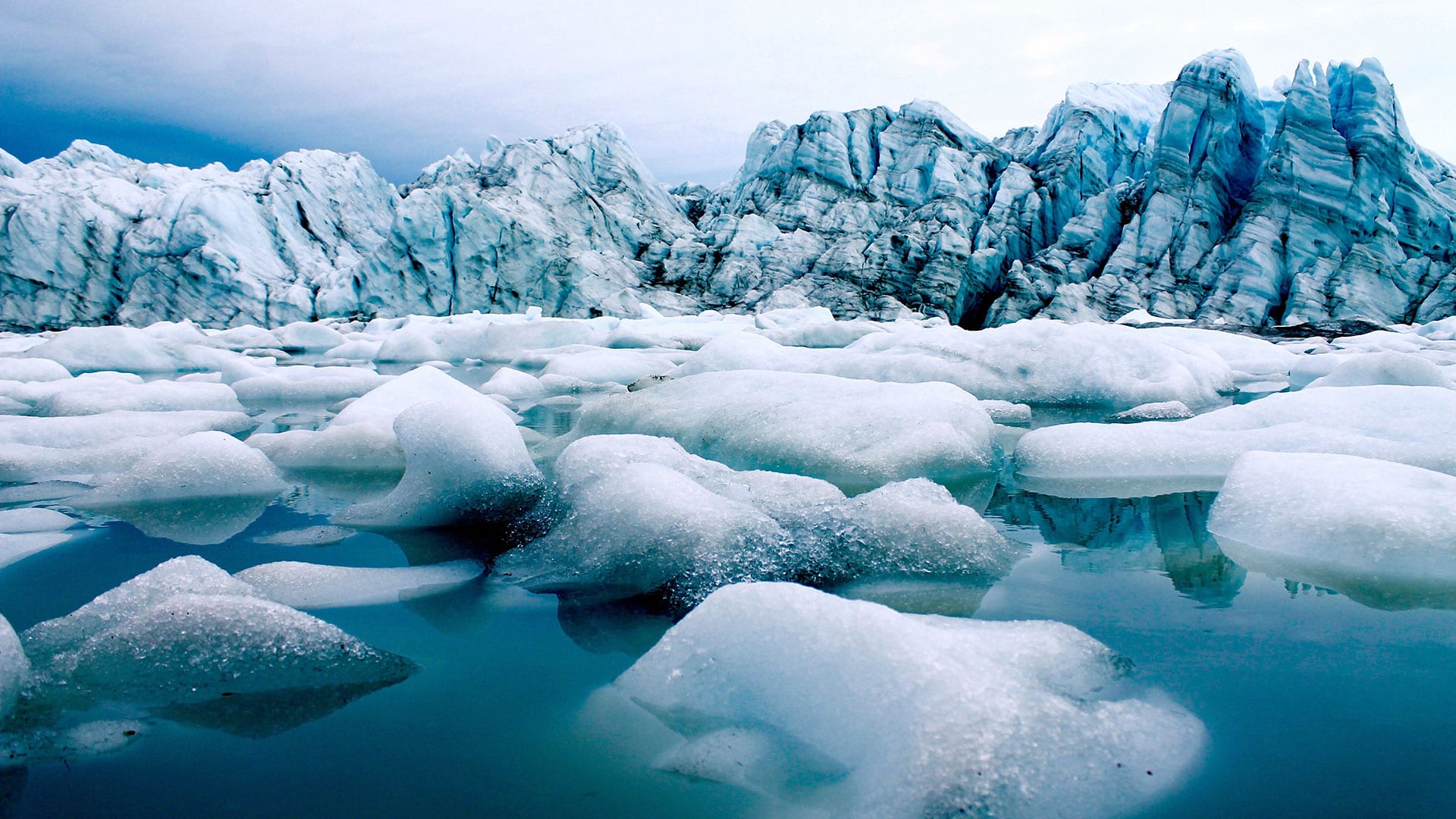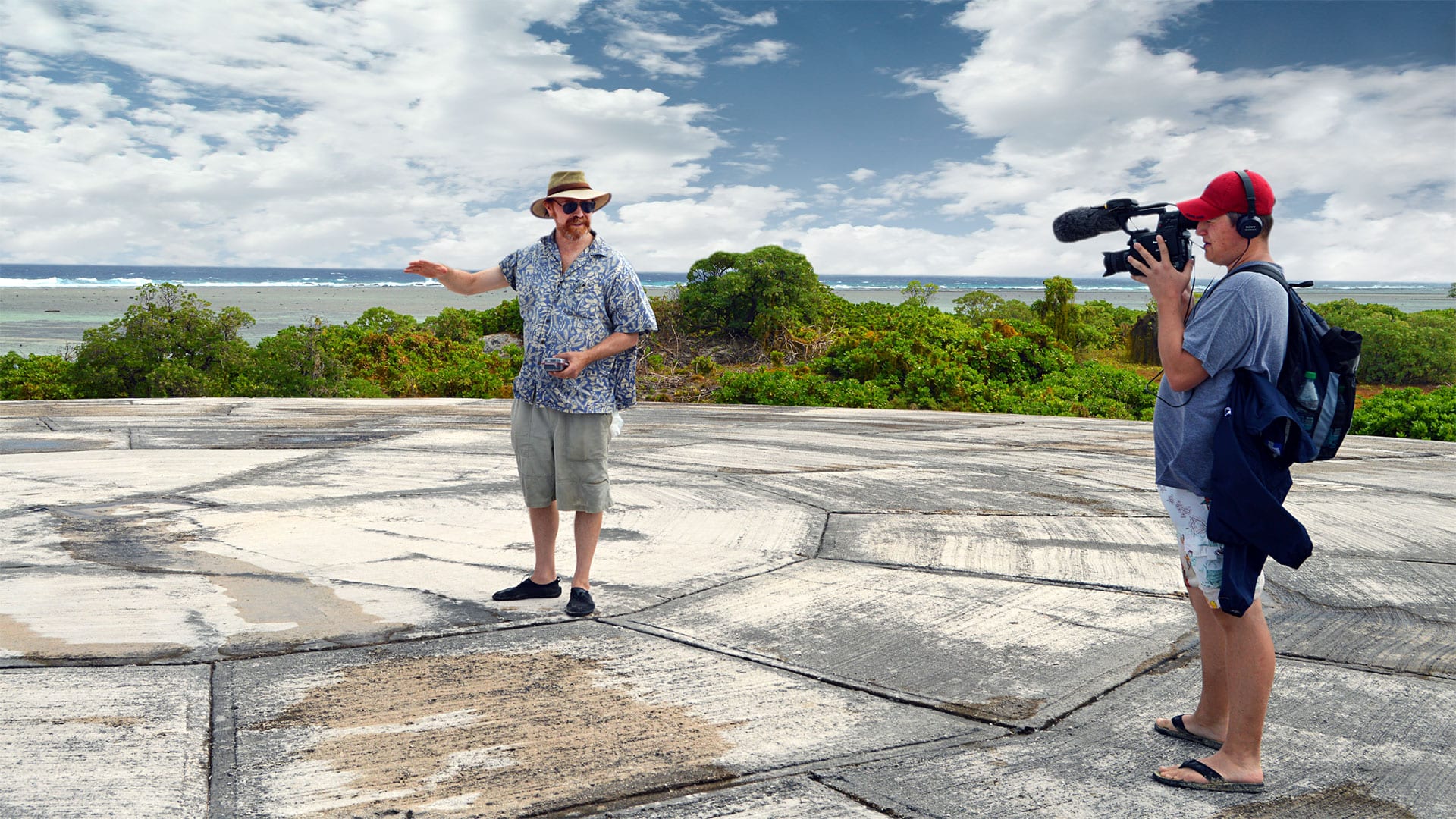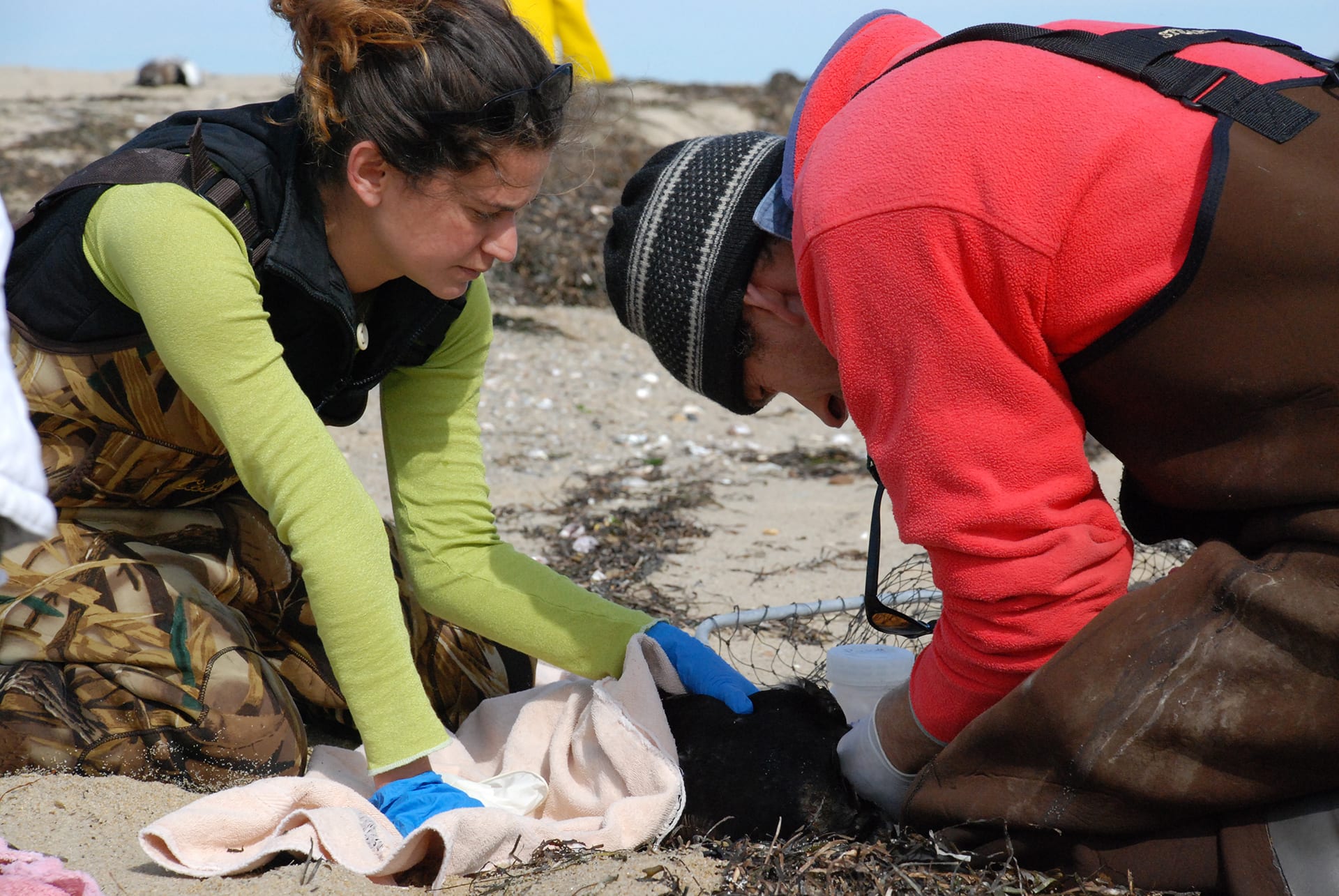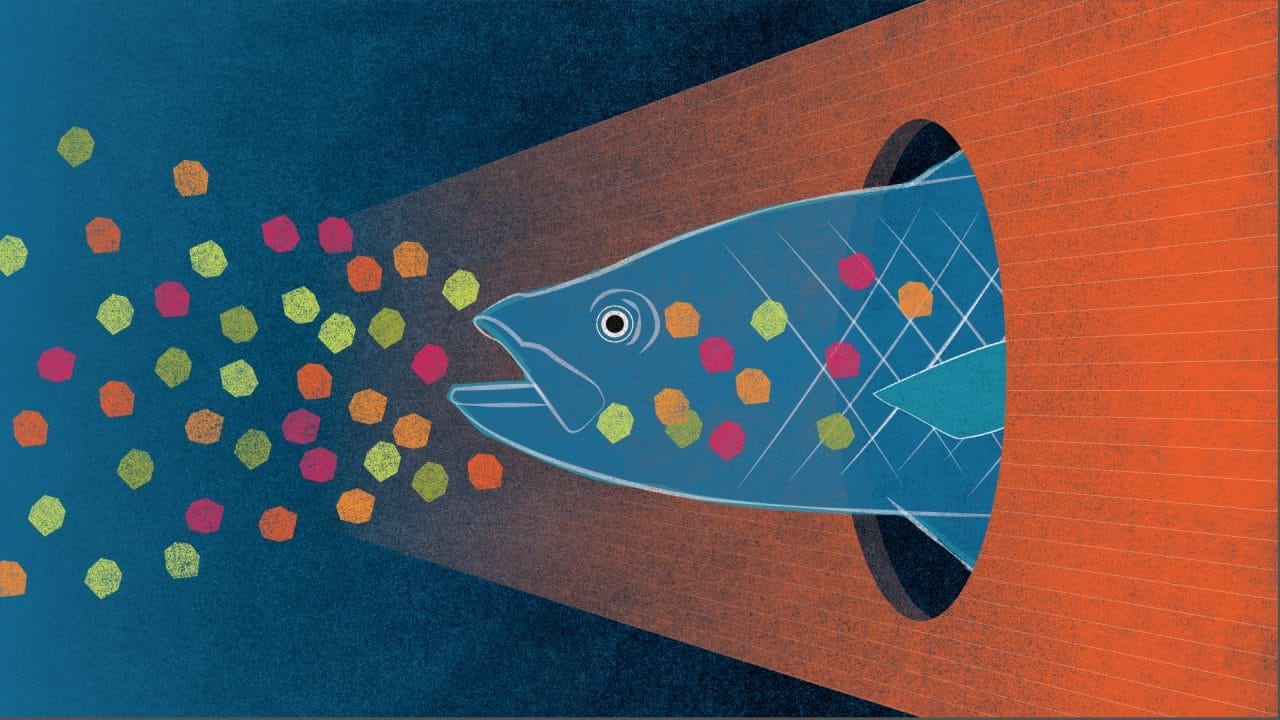WHOI Perspectives
Jellyfish larger than blue whales?
Recent accounts in the media have described the appearance of lion’s mane jellyfish in waters and beaches in the Northeast as a surprising, sometimes troubling, event, with record sizes and numbers reported from Maine to the Massachusetts south coast. But is this event noteworthy? Or, as some have implied, is it a sign of failing ocean health? Three WHOI marine biologists weighed in to put events into perspective.
Read MoreSeven ocean explorers you should know about
June 8th is World Oceans Day, but we’re celebrating the big ole blue all month-long. But, before you post those Cousteau quotes, that inspiring Sylvia Earle documentary, or talk about those neat expeditions by James Cameron, we’d like to present you with five ocean explorers you may not have heard of.
Read MoreForged in fire: WHOI recalls the Deepwater Horizon crisis
It’s been a decade since the explosion of the BP oil rig in the Gulf of Mexico. Frontline WHOI scientists face unprecedented challenges when called to respond to the largest accidental oil spill in history.
Read MoreSummer’s coming: Will Cape Cod beaches be safe?
Beach parking lots across Cape Cod are closed to reduce the spread of COVID-19. As summertime approaches, will the beach crowds that normally show up after Memorial Day will be staying away this year? WHOI microbiologist Amy Apprill weighs in.
Read MoreThe oceans are losing oxygen, and faster than we thought
WHOI scientists weigh in on a new ICUN report highlighting a 2% decline in marine oxygen levels between 1960 and 2010. The loss of oxygen has triggered an expansion of marine dead zones throughout the global ocean that has put marine life and ecosystems in peril.
Read MoreWHOI scientists weigh in on sea level rise impact study
When it comes to future sea level rise, most studies predict we’ll see between four to eight inches of global sea level rise between now and 2050. The looming question is—how many people will be affected by rising seas in the coming decades?
Read MoreWHOI weighs in on climate change report
Rick Murray, WHOI Deputy Director and Vice President for Research, weighs in on the IPCC’s special report on the ocean and cryosphere in a changing climate.
Read MorePutting the ‘nuclear coffin’ in perspective
WHOI chemist and marine radioactivity expert shares his thoughts about radioactivity waste leaking from Runit Dome—a bomb crater filled with radioactive soil in the Marshall Islands that is now being penetrated by rising sea levels
Read MoreGlobal Oceans and the Extinction Crisis
WHOI marine biologists Michael Moore and Andrea Bogomolni weigh in on a new United Nations science report suggesting that over one million species are at risk of extinction.
Read MoreMicroplastics in the Ocean – Separating Fact from Fiction
WHOI scientists weigh in on the state of marine microplastics science.
Read More
